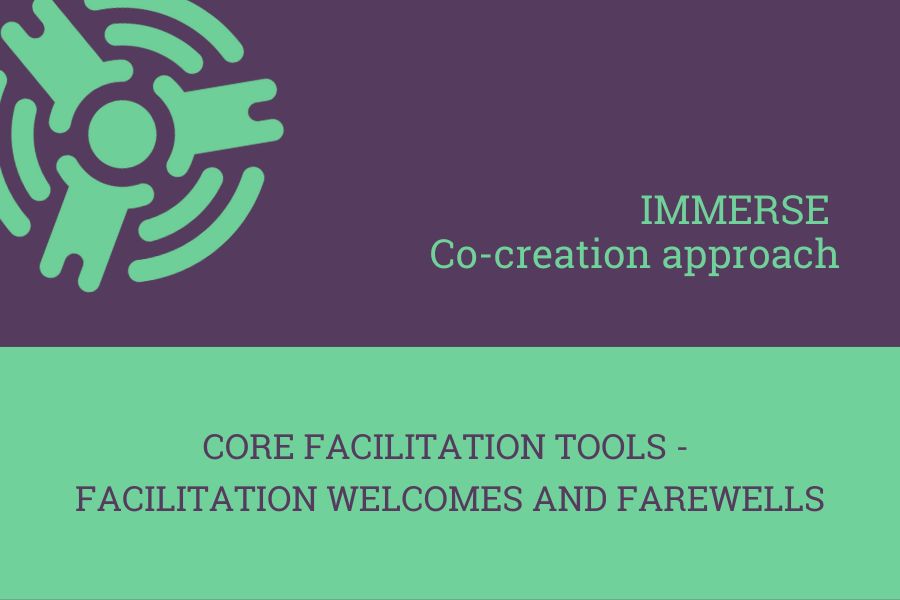IMMERSE Survey Data collection
IMMERSE surveys
Survey data collection was conducted between June 2021 and June 2023 across a total of 406 sites with over 24,000 children, almost 60% (13, 345) of whom are from a refugee or migrant background. The survey also included principals, teachers and parents. This large-scale cross-country survey intends to provide a representative image of Europe’s reality on refugee and migrant children’s integration by focusing on six countries (Belgium, Germany, Greece, Ireland, Italy, and Spain) representing the diverse European migration contexts.
The survey questionnaires were specifically designed to capture data on the IMMERSE dashboard of indicators, a new set of indicators on children’s integration results and barriers and facilitators that was co-created with children and stakeholders on the first year of the project. The questionnaires also capture other relevant variables and demographics to enable rich analysis of the dashboard indicators. The questionnaires were adjusted to collect data from the full range of school-aged children, designing two different instruments: one suitable for young children (7-9 years) and one suitable for older children (10-18 years). The instruments were translated into 14 languages (Dutch, English, French, German, Greek, Italian, Spanish; and Arabic, Farsi, Romanian, Chinese, Urdu, Somali, Russian and Ukrainian). The survey items and design were co-created and validated by children and other relevant stakeholders.
The data collection was focused on primary and secondary schools across selected regions in the six countries, which was supplemented by the collection of data in other environments, such as reception centres, with the aim to include more vulnerable and hard-to-reach populations, such as unaccompanied children and asylum seekers. Implementation in the field was aided by the development of a digital data collection system (with traditional pen-and-paper back-ups) that could bring together multiple strands of data. Data collection coincided with the COVID-19 outbreak and other impactful events such as the refugee crisis following the 2022 Ukraine crisis, which added to the challenges of collecting data on migrant children in an ever-changing socio-political scenario.
Online Platform for Data collection
This internal digital platform has allowed IMMERSE researchers to collect data related to the dashboard of socio-educational indicators about refugee and migrant children integration from the four roles of participants involved: principals, teachers, parents and children. During the project lifetime the platform has facilitated data collection in schools, non-formal education environments and migrant reception centres in Belgium, Germany, Greece, Ireland, Italy and Spain.
The platform protects privacy rights of all involved parties, especially children, and complies with levels of security imposed by European standards regarding data availability, authenticity, confidentiality and traceability. All information included in the platform remains anonymous, private and their use restricted to the research purposes of IMMERSE.



